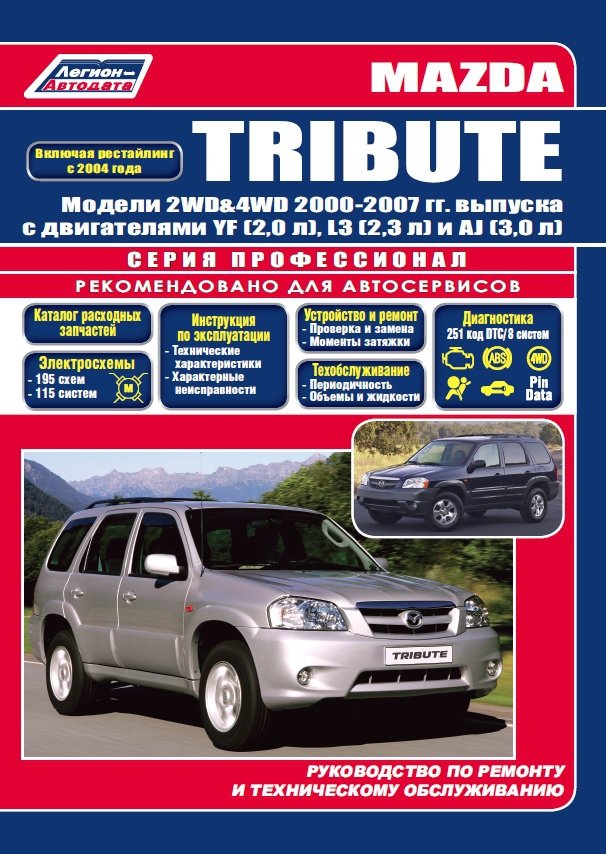
Highway Code for Michigan Drivers
When you drive, you must know and obey all traffic rules. While you may know the laws of your state, you should be aware that other states may have different rules that you must follow. If you are planning to visit or relocate to Michigan, make sure you are familiar with the following traffic laws, which may differ from those in other states.
Permits and licenses
Michigan requires new residents to register and give ownership of all vehicles, and obtain a new license after a residence is established in the state.
Teenagers under the age of 18 must go through a gradual process of obtaining a driver's license, which includes a temporary study permit, a level 1 license, and a level 2 license.
Those who have never held a license but are over the age of 18 must have a temporary study permit for at least 30 days.
Moped riders who are at least 15 years old and do not have a driver's license must apply for a moped license to ride on the streets.
Seat Belts and Seats
All drivers and passengers in the front seats must wear seat belts.
All passengers under the age of 16 must wear seat belts or be properly secured in a safety seat.
Children under eight years of age or children of any age less than four feet nine must be in a child seat or booster seat appropriate for their height and weight.
Children under the age of four must sit in the back seat in an appropriate restraint system unless all seats are occupied by younger children. In this case, a child under four years of age in the front seat must be in an appropriate restraint system.
Michigan law allows law enforcement to stop traffic solely on the basis that the driver or other passengers in the vehicle are not properly seated.
right of way
Drivers must give way to pedestrians, cyclists and other vehicles if their failure to comply is contrary to posted signs or could lead to an accident.
Funeral processions always have the right of way.
Drivers are required to give way when approaching or attempting to bypass a utility, road maintenance or garbage collection vehicle that is stopped with its headlights flashing.
Fundamental rules
Cargo platforms - Children under the age of 18 are not allowed to ride in the open bed of a pickup truck traveling at more than 15 miles per hour.
Children without supervision - It is illegal to leave a child under the age of six in a vehicle if the amount of time or circumstances present an unreasonable potential for injury or harm. Children under 6 years of age may be left with children 13 years of age or older, as long as the child caring for them is in no way incapacitated.
Next - The driver must respect the three-four second rule when following another vehicle. This space should be increased depending on weather, road and traffic conditions.
Signaling — Drivers are required to use vehicle turn signals or hand signals when changing lanes, turning and stop lights, or appropriate hand signals when slowing down or stopping. These signals must be given at least 100 feet before moving.
Left turn on red - Turning left at a red light is only allowed when turning onto a one-way street, traffic in the same direction as the turn. Drivers must yield to pedestrians, approach traffic and cross it before turning.
Passage on the right — Overtaking on the right is allowed on roads with two or more lanes in the same direction. Drivers may not leave the roadway or use cycle lanes to overtake on the right.
Oven - When parking on the street in an authorized area, the vehicle must be within 12 inches of the curb and facing in the same direction as the traffic.
texting - In Michigan, drivers are prohibited from sending text messages while driving.
Headlamps - Headlights are required whenever visibility drops below 500 feet.
Parking lights - It is forbidden to drive on the roadway using only marker lights.
Accidents “While all drivers must stop in the event of an accident, only accidents involving more than $1,000 in property damage, injury, or death need be reported to the police.
These traffic rules for Michigan drivers may differ from those in other states. By following them, and those that do not change from state to state, you will be able to legally drive on the roads. The Michigan State booklet "What Every Driver Should Know" is also available if you need more information.

